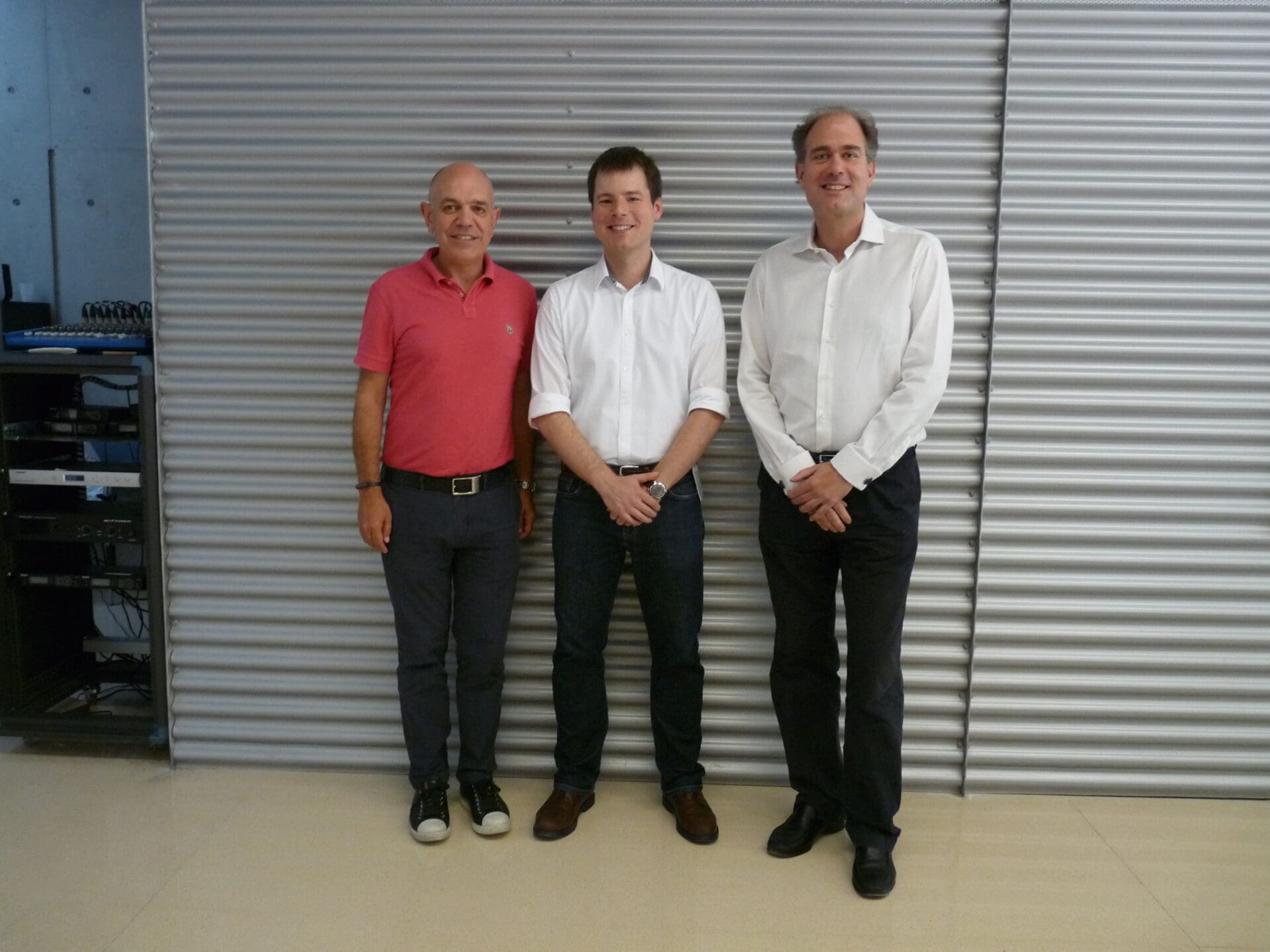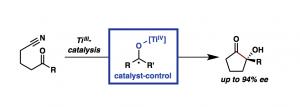
 26/05/2017
26/05/2017
 12:00 h
12:00 h
 ICIQ Auditorium
ICIQ Auditorium
- Lecturer: Dr. Jan Streuff
- University: Albert-Ludwigs-Universität Freiburg (Germany)
- Sponsored by:

Radical Reactions under Catalyst-Control: Titanium(III)-Catalyzed Reductive Umpolung Processes
The development of chemo-, regio- and stereoselective radical reactions has been a longstanding challenge in synthetic methodology. For catalytic radical reactions a high catalyst-control is required to achieve high selectivity and it is our goal to develop such catalyst-controlled radical reactions. In this lecture, titanium(III)-catalysis will be introduced as an excellent tool for selective radical couplings with the focus on so-called “reductive umpolung reactions”. These transformations enable the convenient synthesis of 1,2-, 1,4-, or 1,6-difunctionalized building blocks and lead to conceptually novel ways of constructing C-C bonds that are complementary to classical cross-coupling reactions. An overview of our methodology and its application in synthesis will be presented together with recent findings that give insight into the mechanism of these unique reactions.
Other events

Let's create a brighter future
Join our team to work with renowned researchers, tackle groundbreaking
projects and contribute to meaningful scientific advancements





















